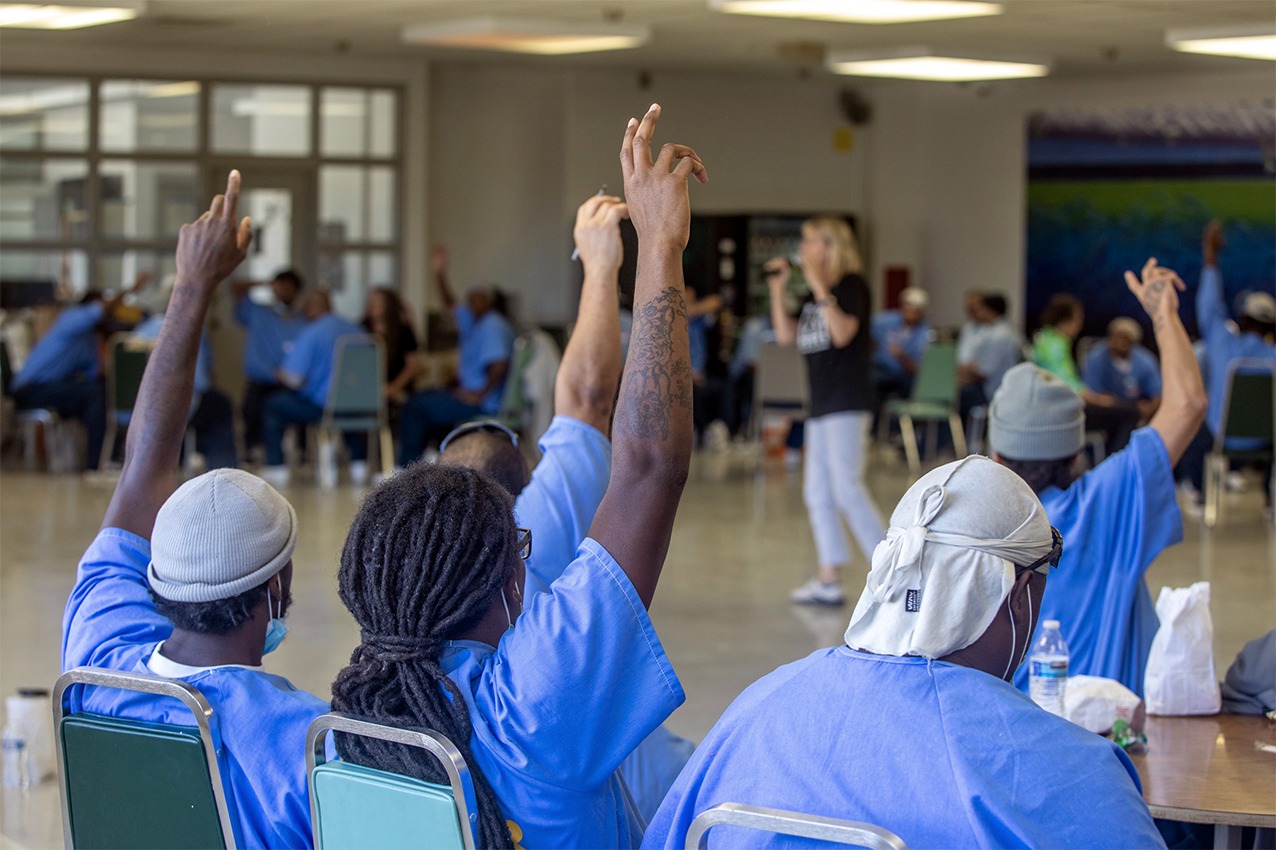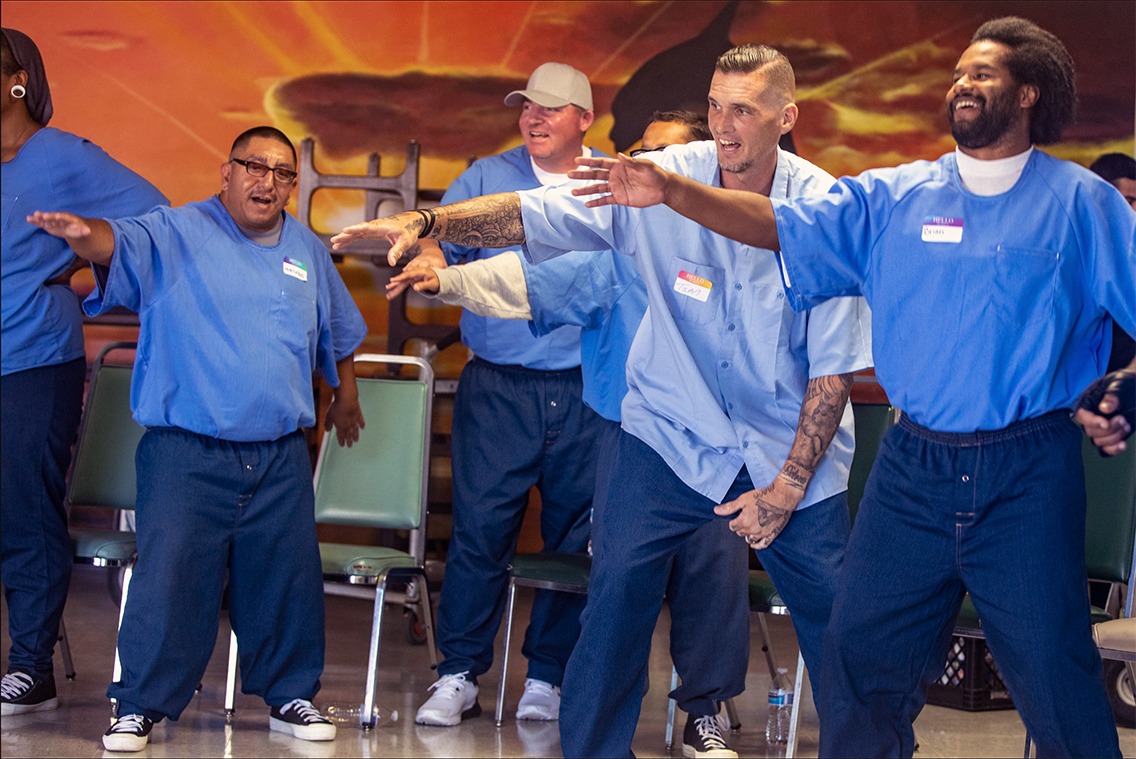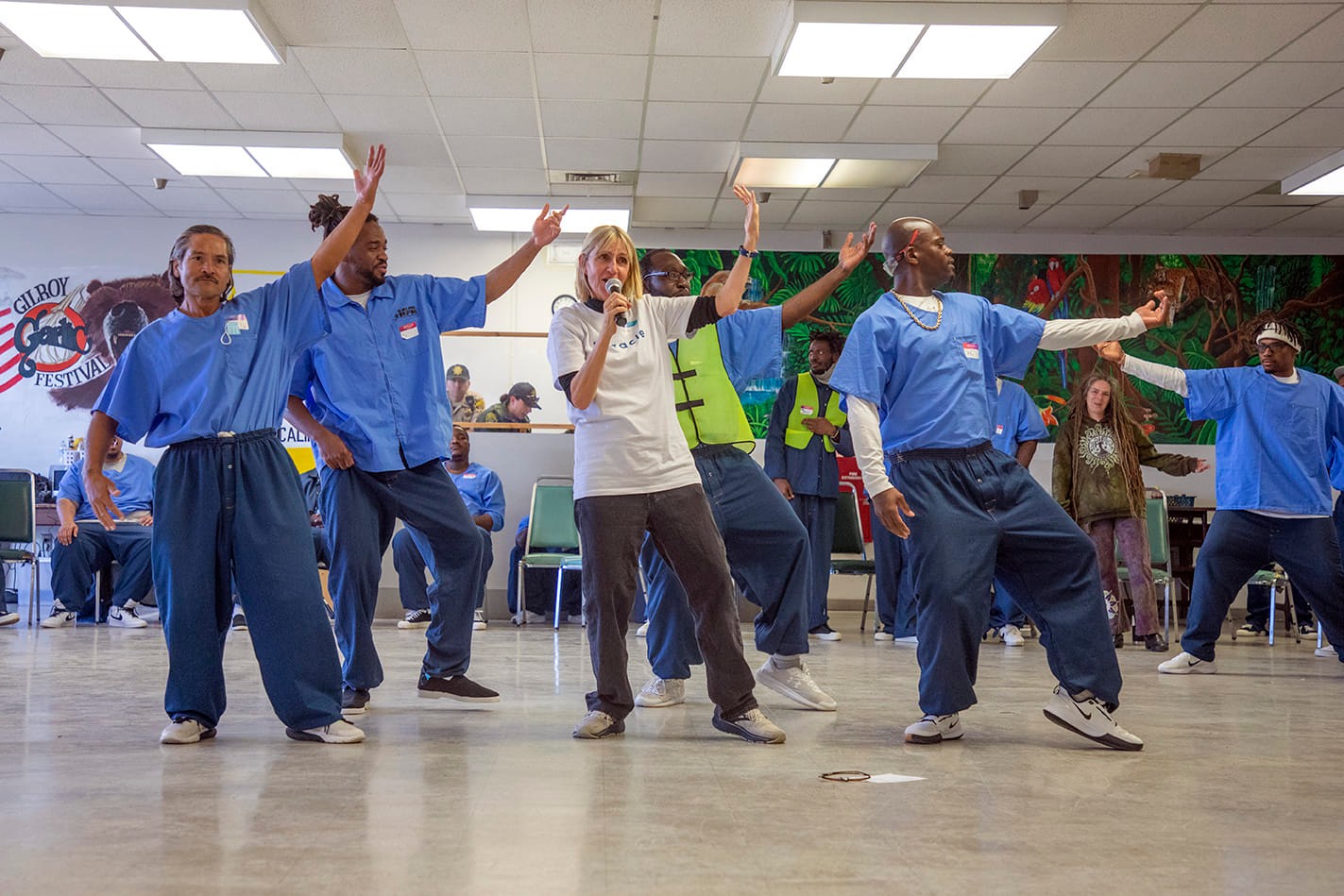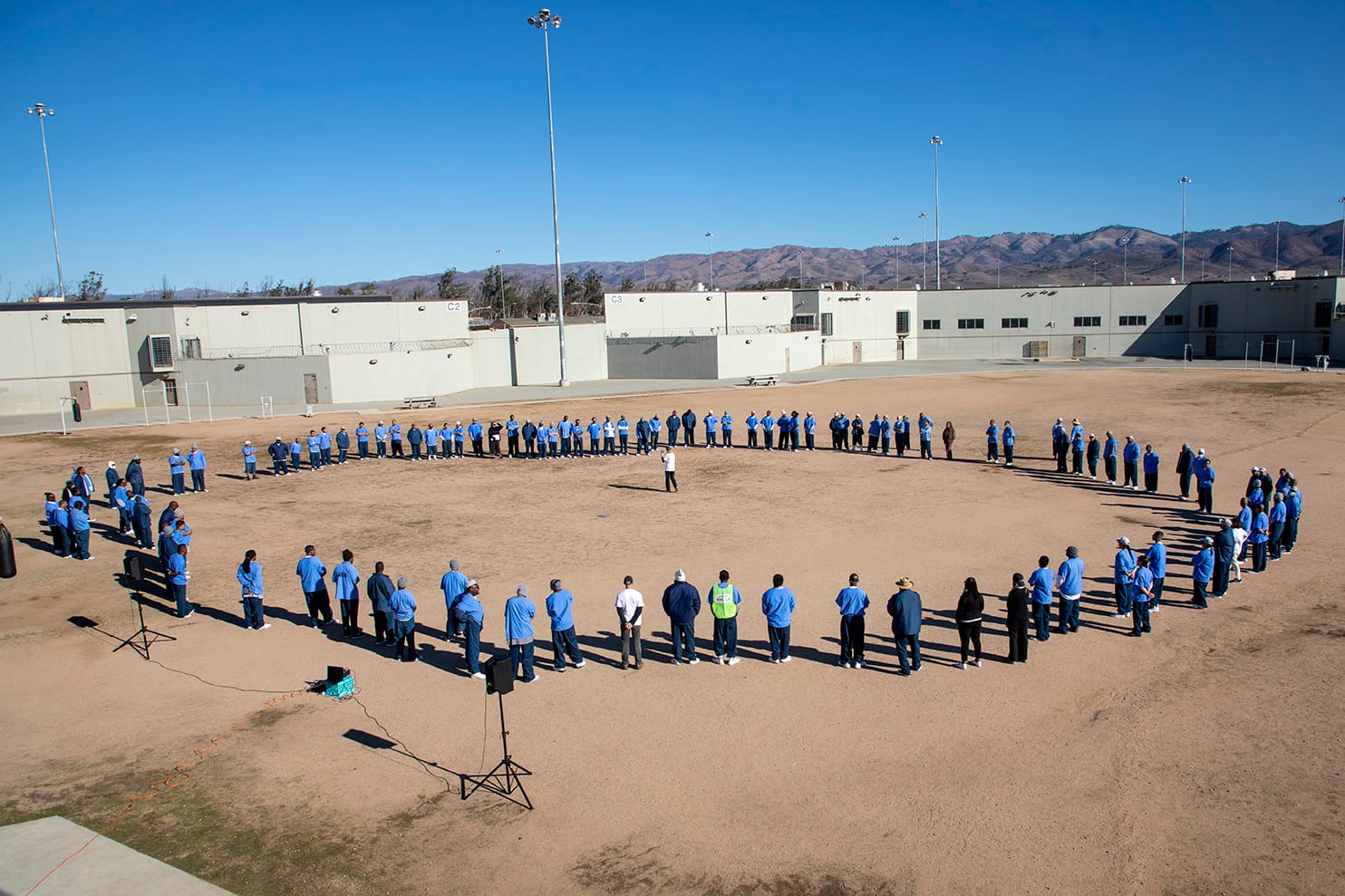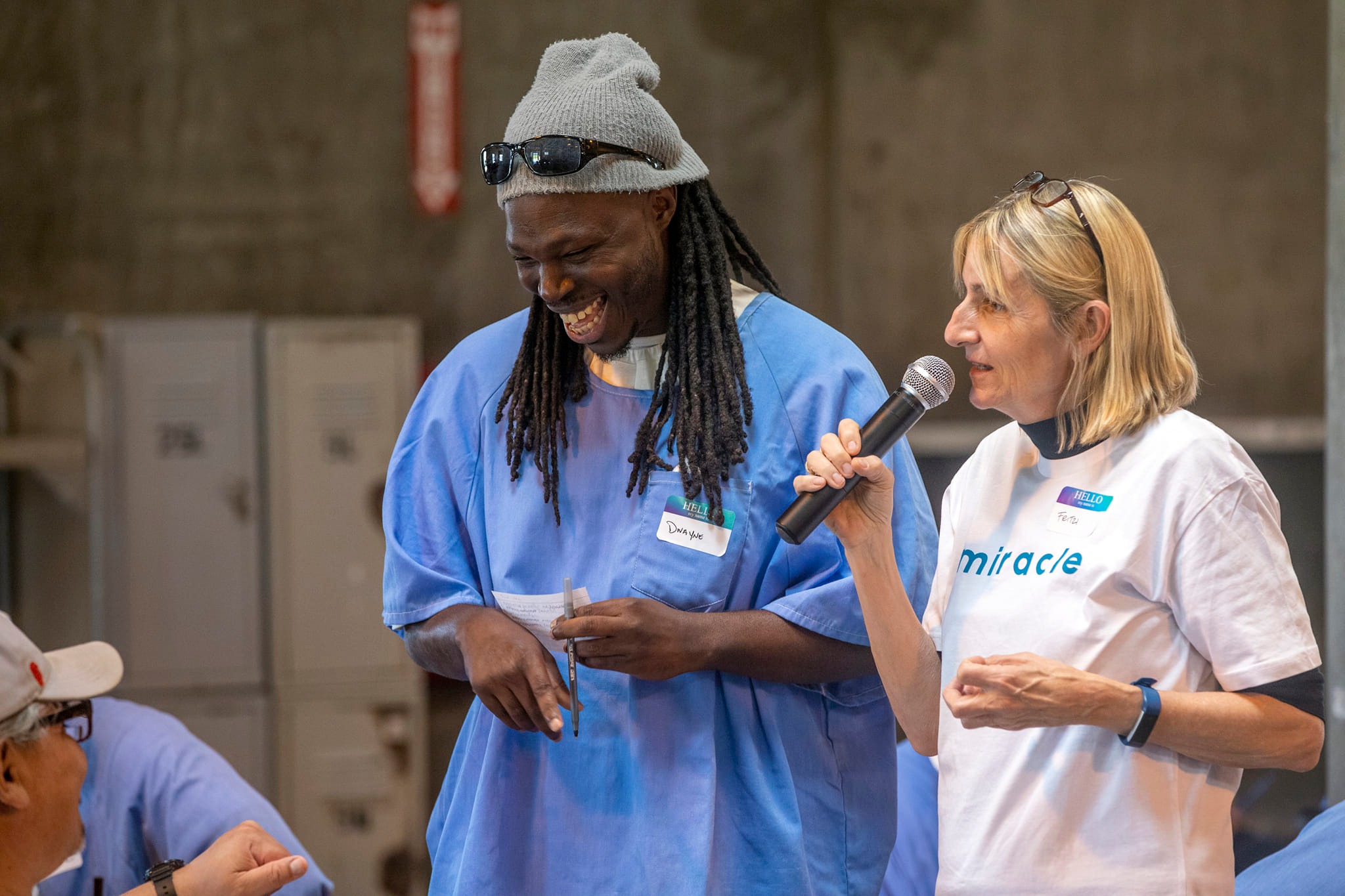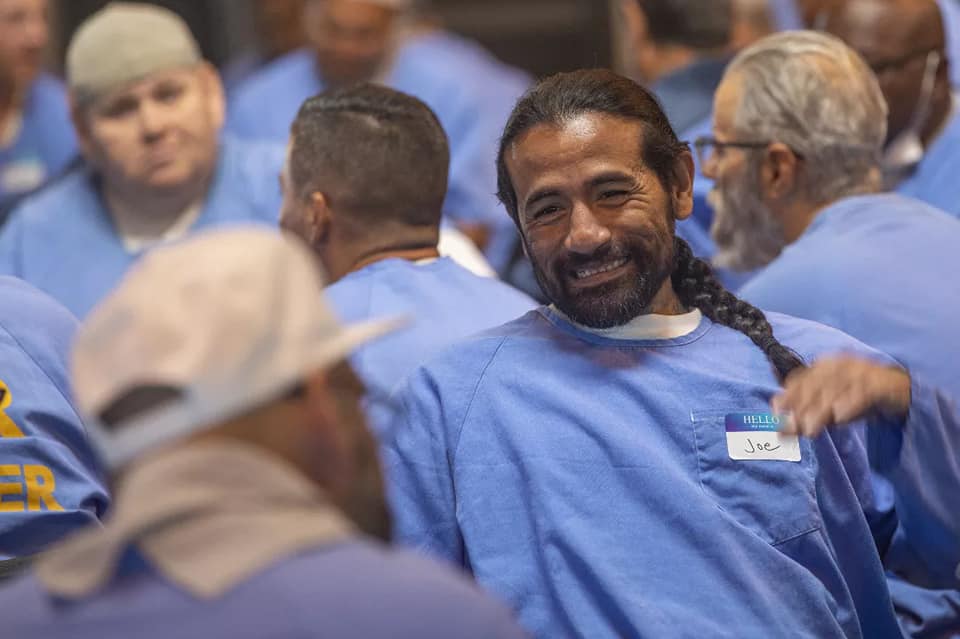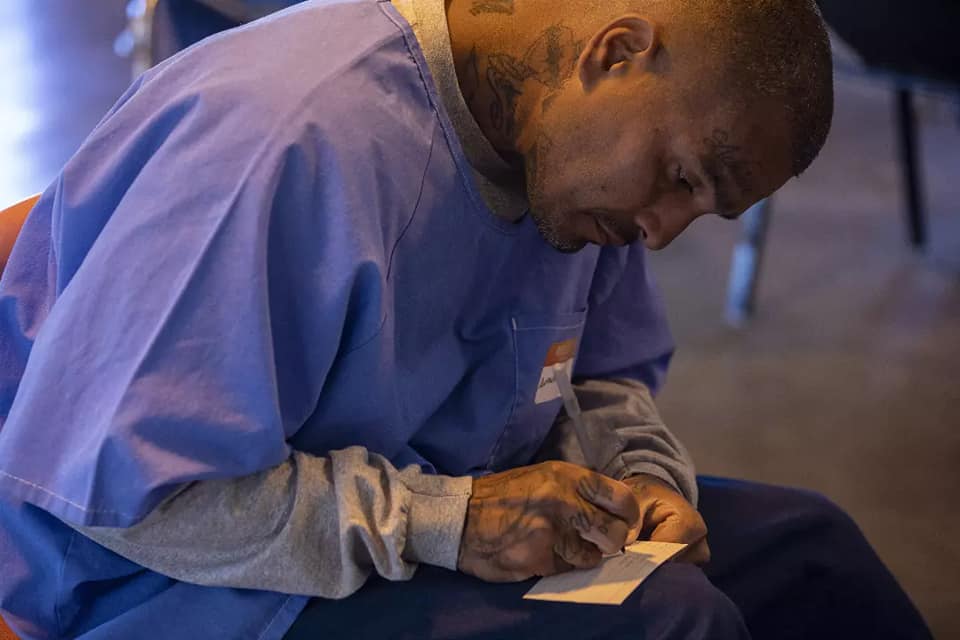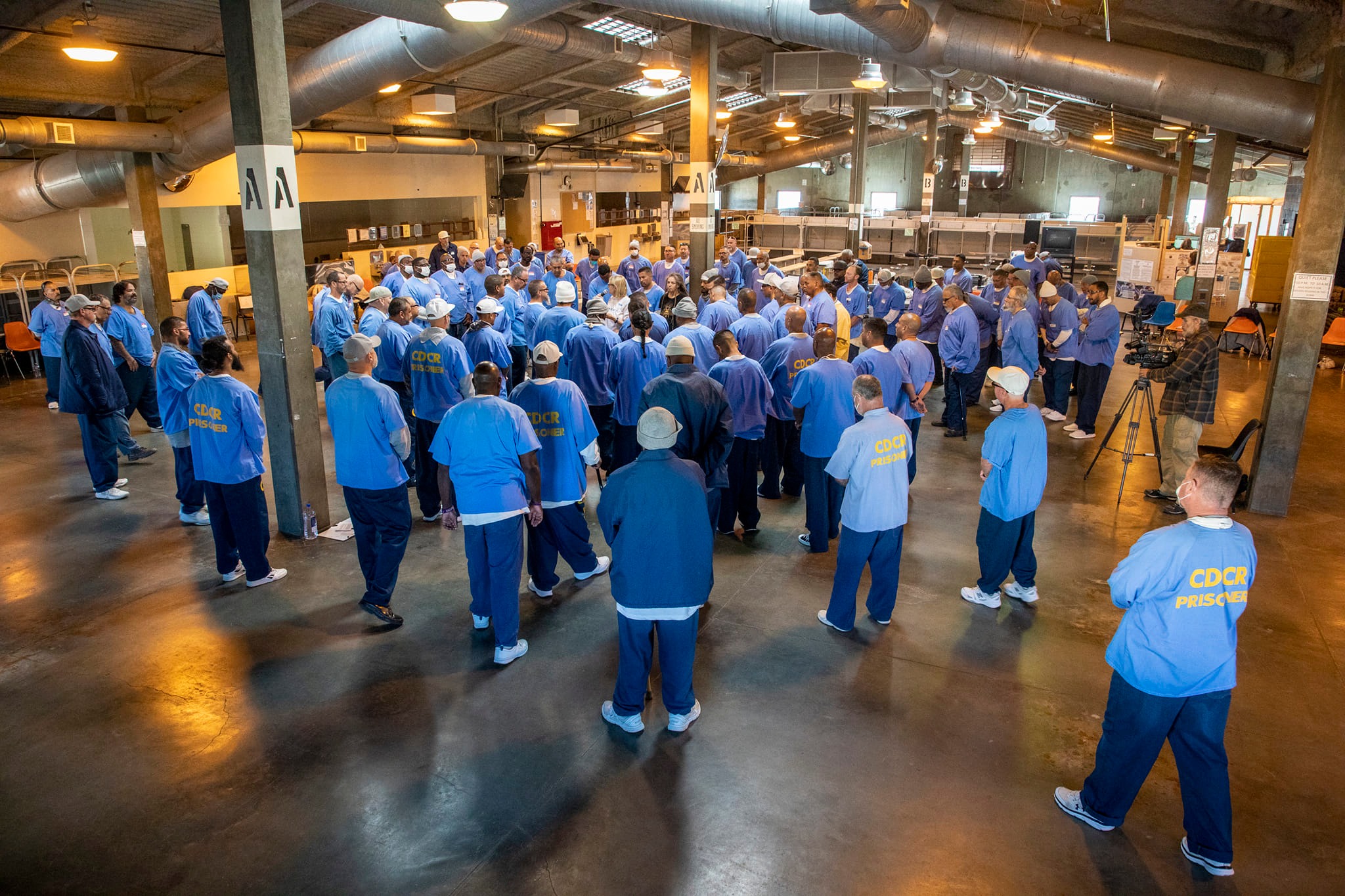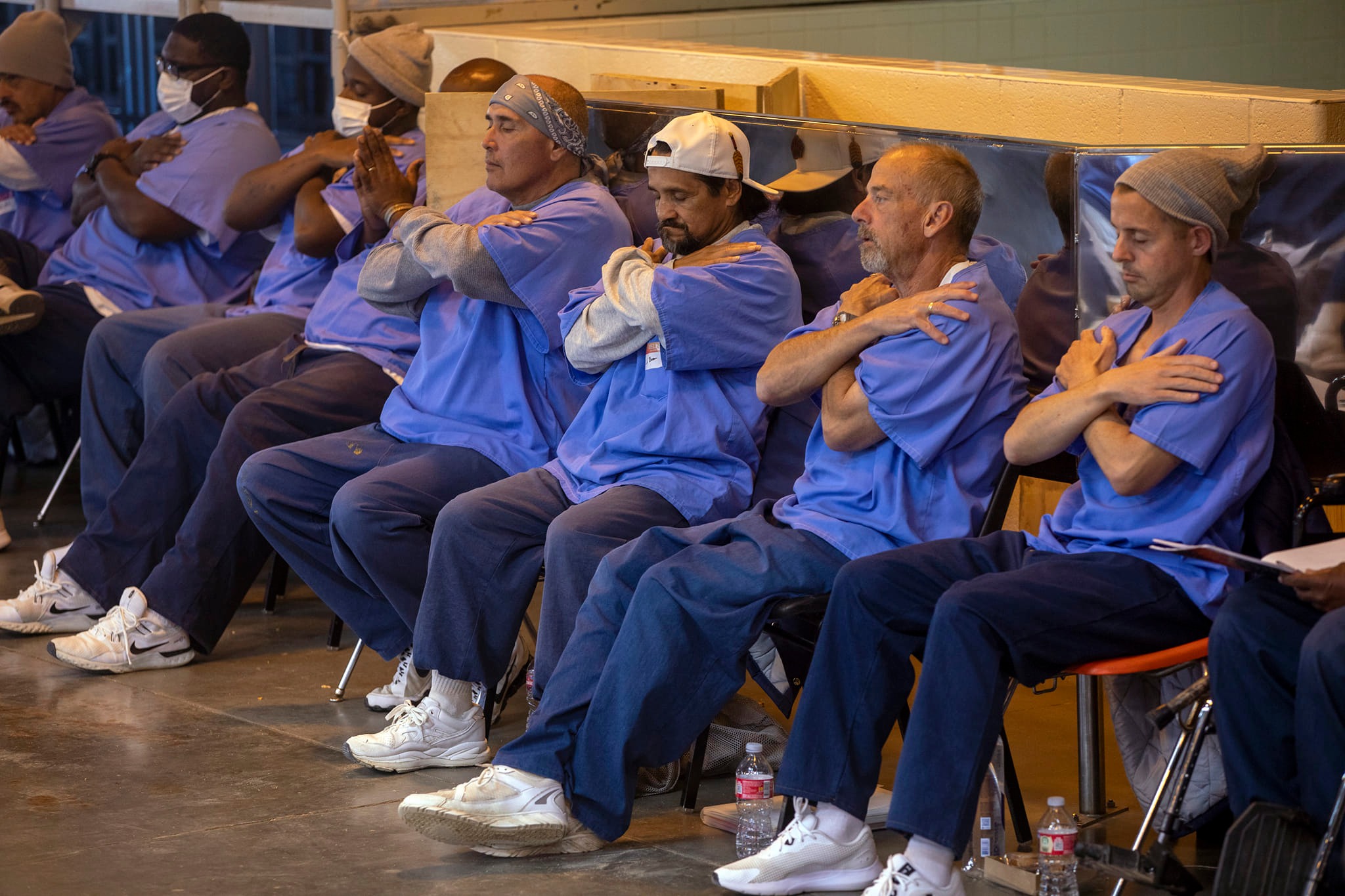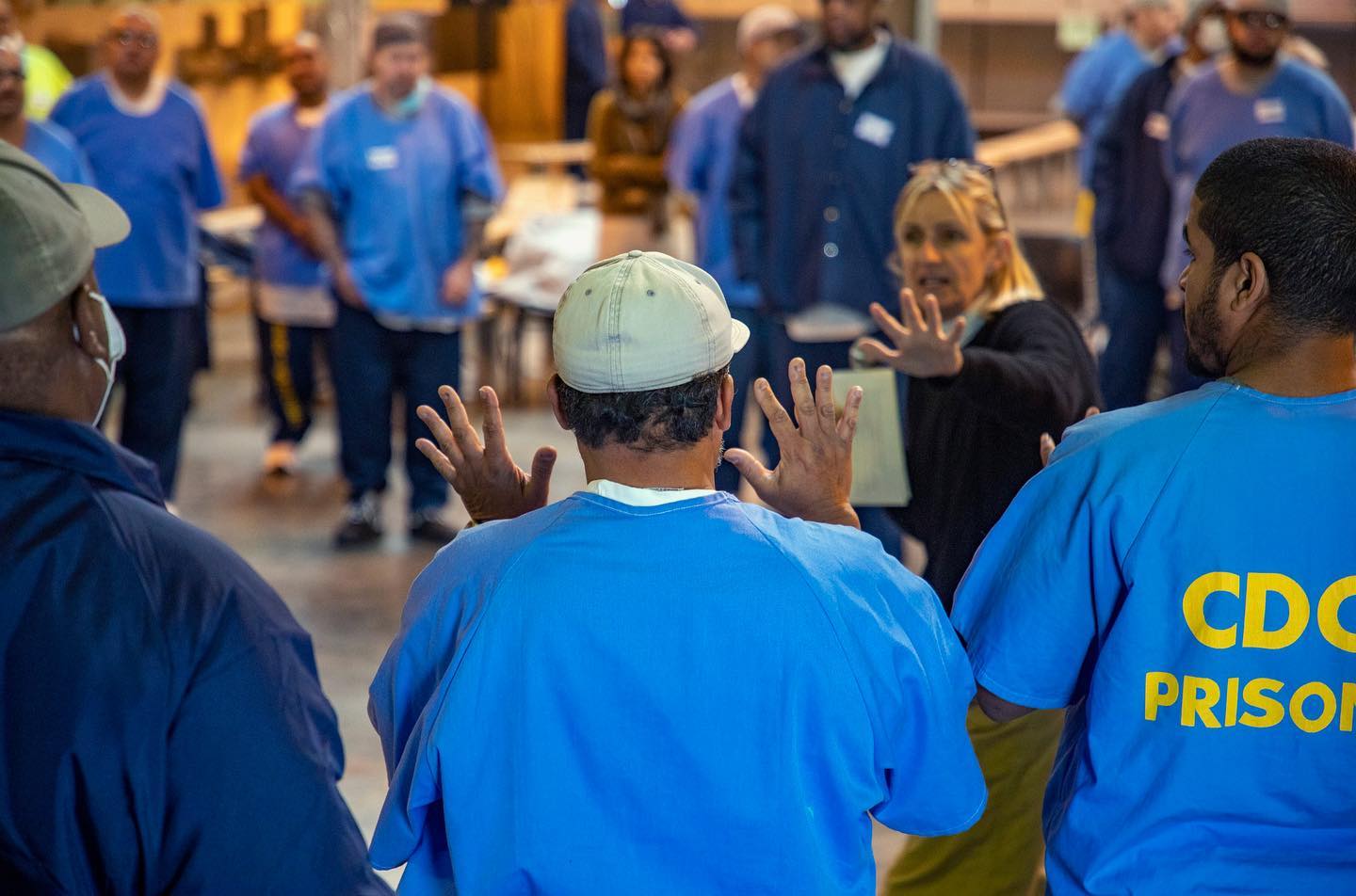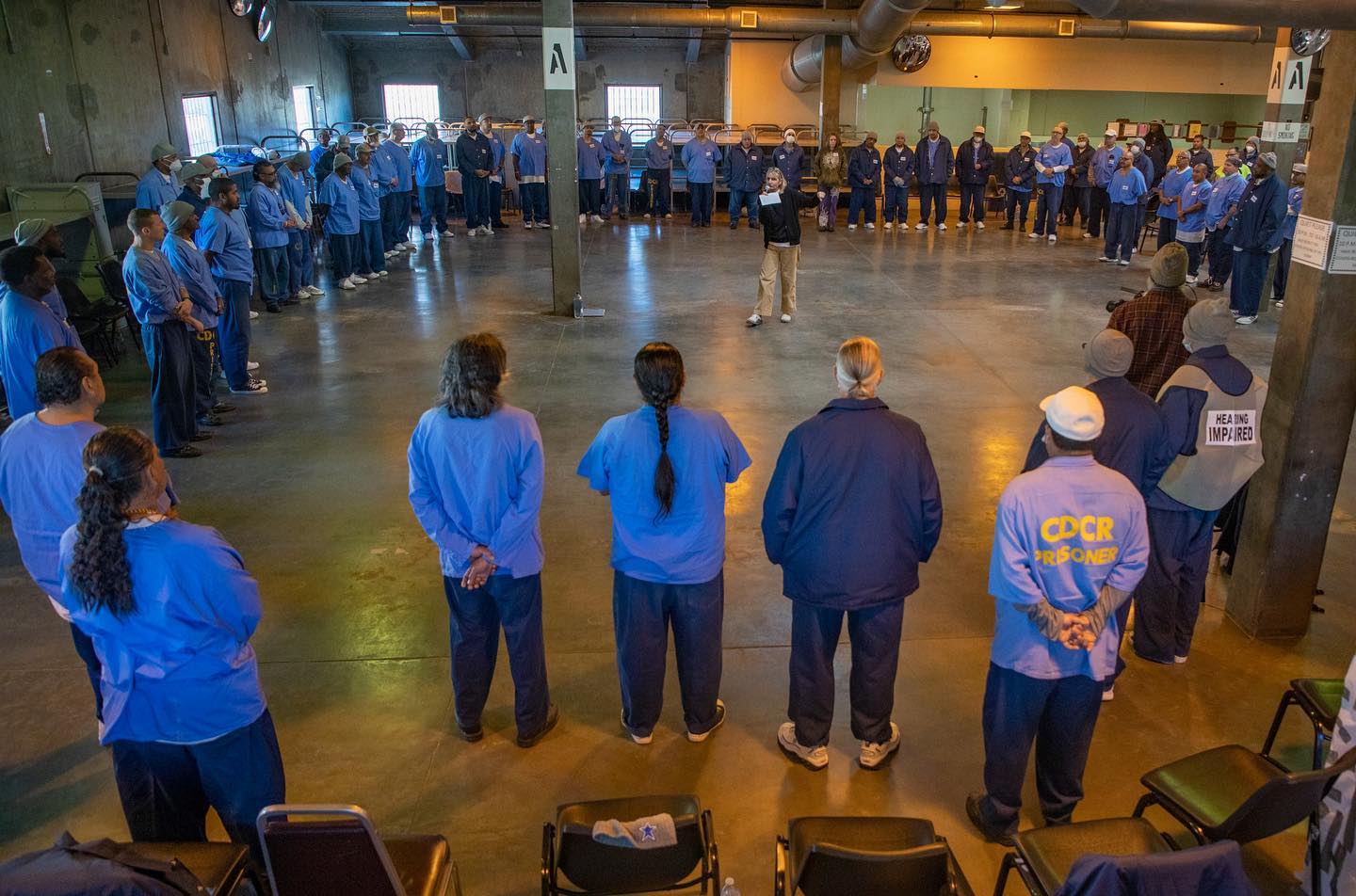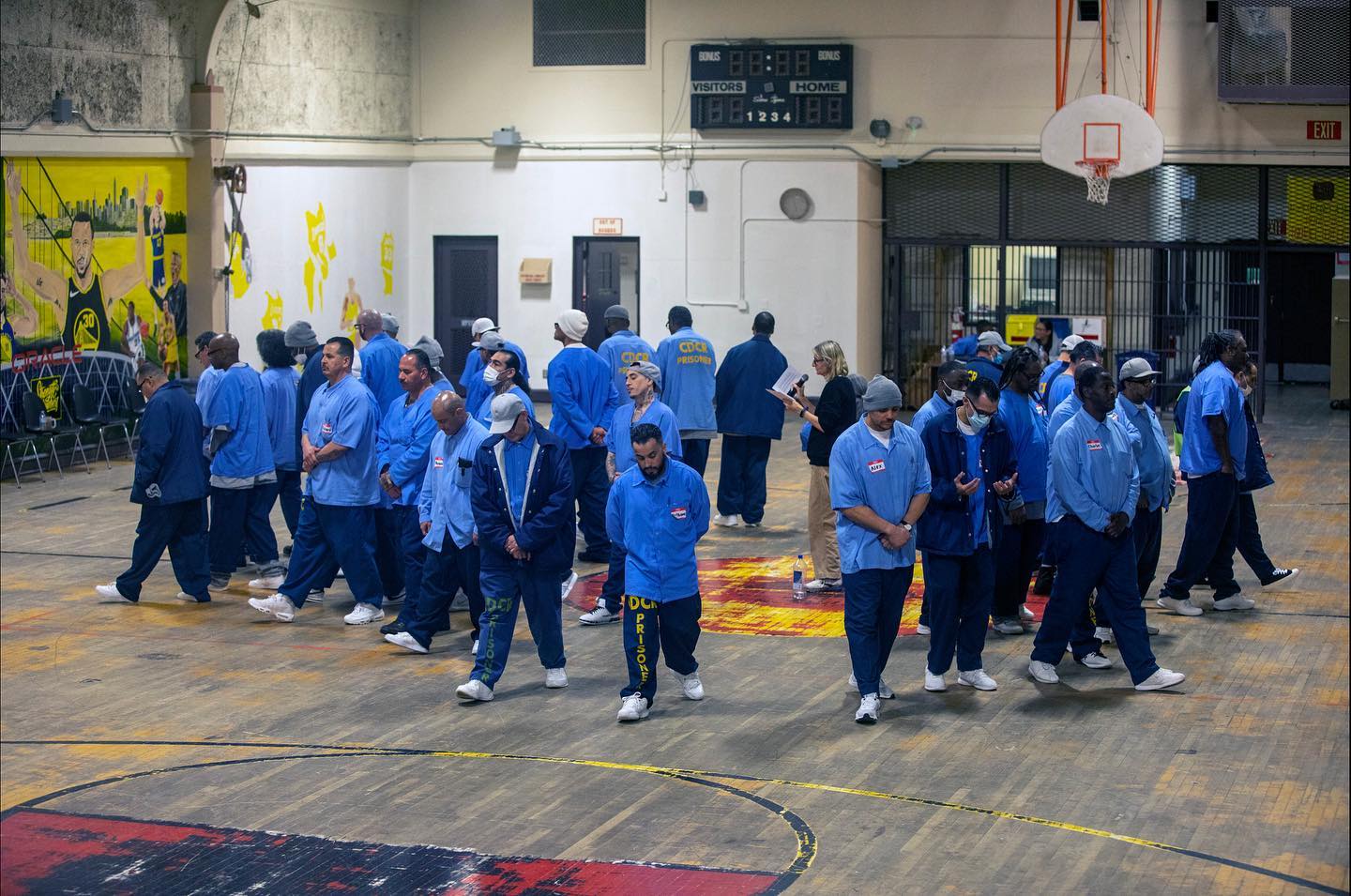“Prisons are an Intensive Care Unit for childhood trauma.”
Dr. Nadine Burke Harris, former California Surgeon General
Prisons do not create safer communities
The current prison system is based on punitive control. Most U.S. prisons are traumatizing and/or re-traumatizing.
64% of adults in the United States have experienced some form of childhood trauma, according to the Adverse Childhood Experiences (ACE) study.
In contrast, 98% of prison residents have experienced childhood trauma. Abused children often grow up believing violence is a solution.
US Prisons are paramilitary institutions, Correctional Officers serve a tour of duty that never ends. The life expectancy of a Correctional Officer is 59 years.
Childhood trauma is a national health crisis
Children who have experienced childhood trauma often grow up believing violence is a solution. Only when we gain awareness of what happened to us and how it has affected our bodies, brain and spirit, do we have the opportunity to heal.
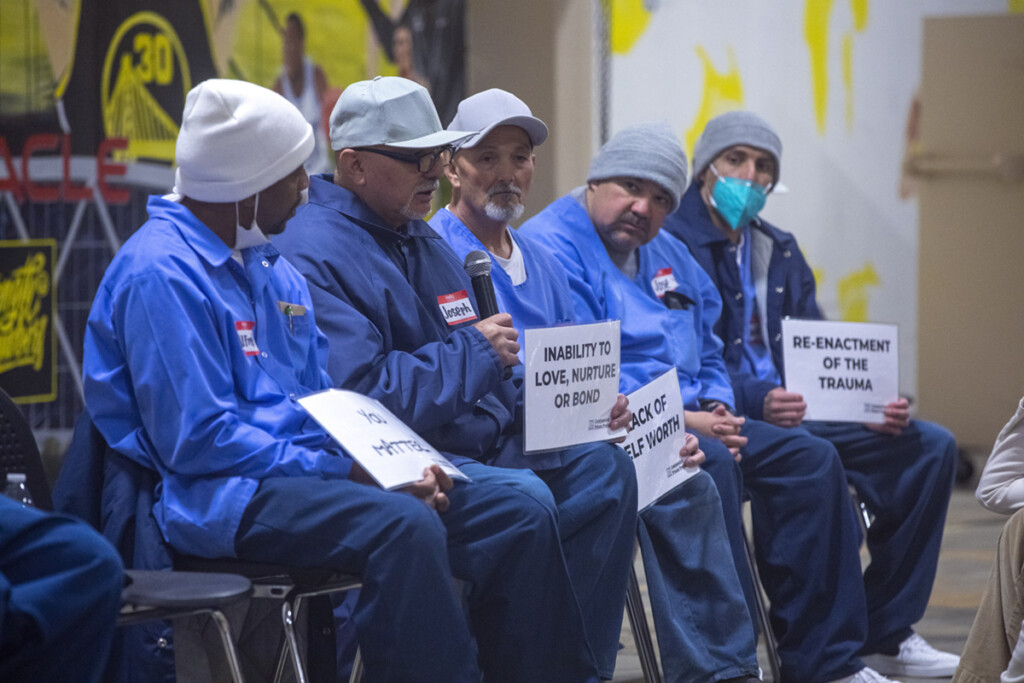
Participants engage in a group discussion about the symptoms of childhood trauma
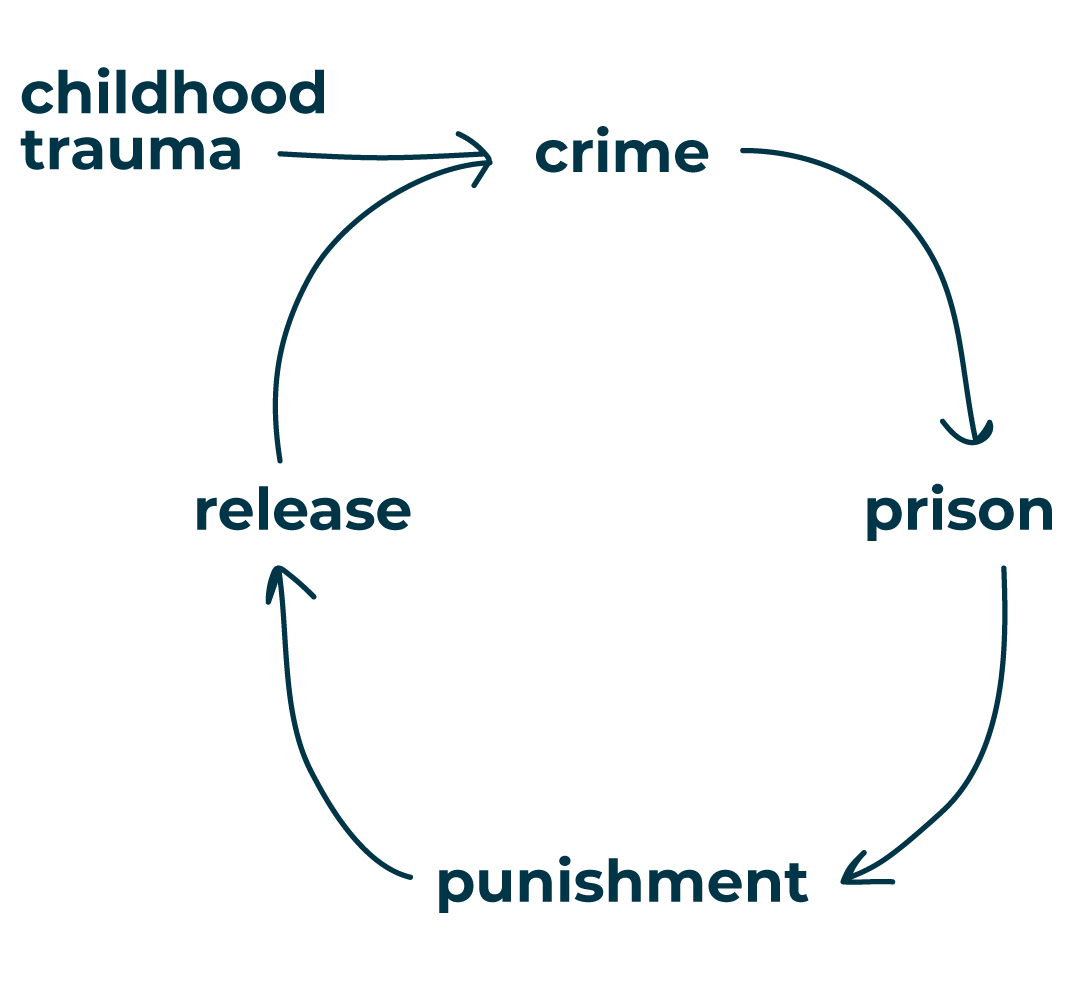
According to the Bureau of Justice Statistics, 95% of prison residents will be released
Within 5 years, 76% will go back to prison
Let’s stop the cycle
“What we have in prison are the most traumatized members of our society.”
Gabor MatéWe’re creating trauma-informed prisons and communities
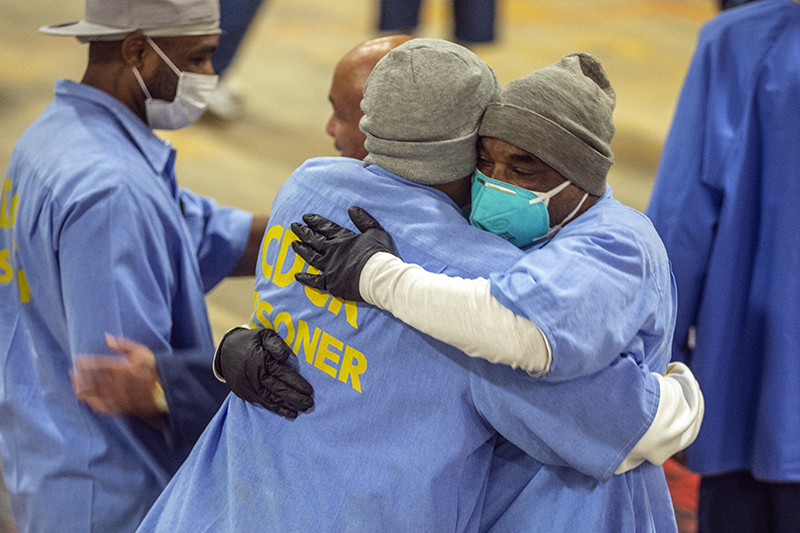
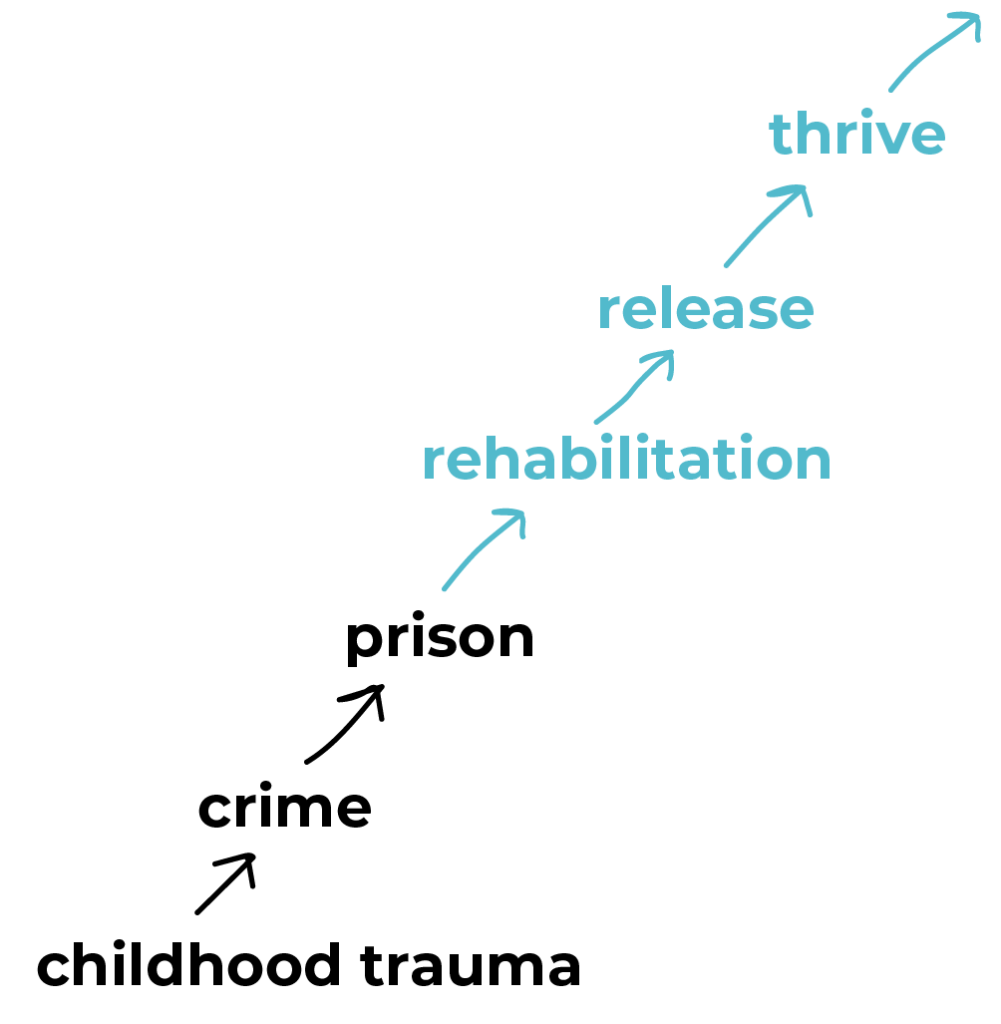
This helps…
People who are living in prison
People who work or volunteer in prison
Families and friends of those working and living in prison
You
Your neighborhood
The world
Safer prisons create safer communities
CPP is dedicated to the awareness that safer prisons create safer communities. While we do not condone the actions that were taken by those who are incarcerated, we believe that healing from trauma can help lower reactivity, violent behavior, the incarceration rate and the recidivism rate in the United States.
How we’re doing it…
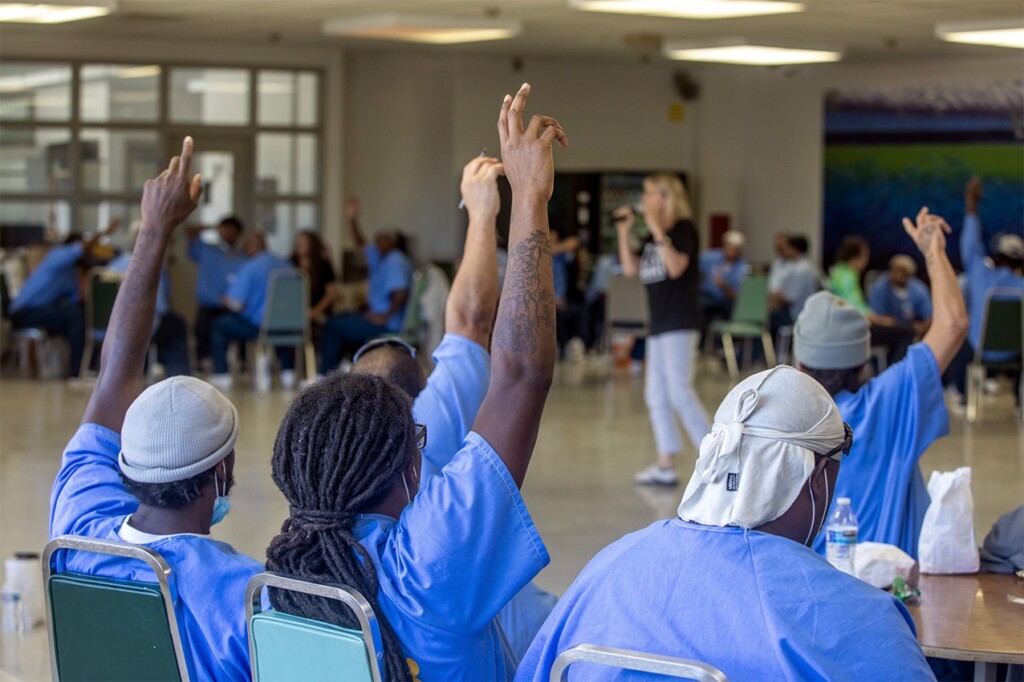
Trauma-to-Transformation One Day Workshop
Compassion Prison Project’s One-Day Trauma-to-Transformation Workshop begins with the Compassion Trauma Circle. Steps are taken into a large circle of participants as they respond to questions about traumatic events they experienced in childhood — questions based on the Adverse Childhood Experiences (ACEs) Quiz. This is a transformative experiential event designed to help participants recognize that their behavioral issues stem from the trauma they experienced as children and young adulthood. Also explored are the Symptoms of Trauma, PTSD, limiting beliefs and how to resolve them, self-forgiveness and personal empowerment. So far, many participants report experiencing some form of joy or transformation by the end of the day.
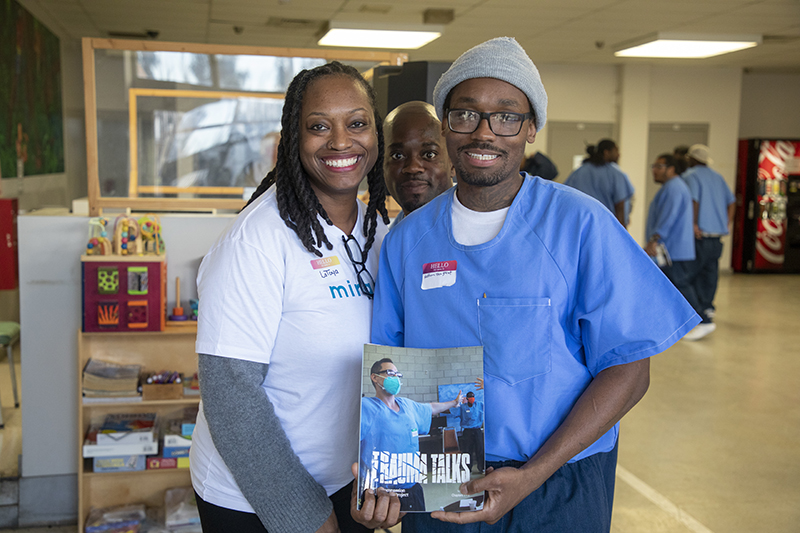
Trauma Talks 16-part Curriculum
Trauma Talks is a 16-part series designed to help people become trauma-informed and trauma-sensitive. This awareness helps lead to the cultivation of compassion for both ourselves and others. Over the course of the series, acknowledging and addressing our experiences of childhood trauma teaches us how the experiences can affect our emotions, behaviors, thoughts, relationships, stability, and health.
The series presents healing techniques and strategies to help increase our capacity to recover from not only childhood trauma but also from other traumas we’ve experienced in life. It is designed to help us find pathways to forgiveness; for ourselves, the people who have hurt us and the people we have hurt. Our hope is that participants develop an understanding of trauma, so that it becomes easier to make more compassionate choices which positively impact their life and the lives of those around them.
Healing is possible, and it’s never too late.
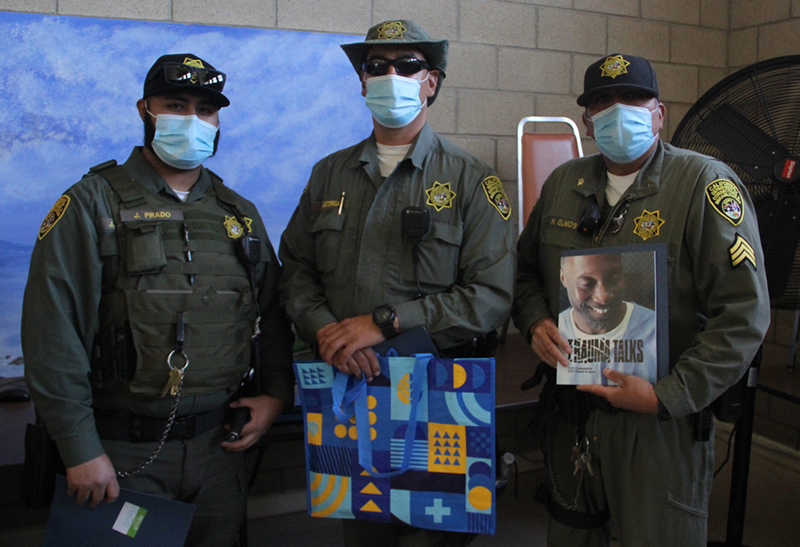
Trauma-Informed Training for Correctional Officers
The average life expectancy of a correctional officer is 59, the contributing factors being PTSD and trauma.
This training focuses on education about the impact of trauma on mental, physical and emotional health. It provides training as to how to create an environment based on safety, trustworthiness, choice, collaboration and empowerment. It also introduces and teaches a number of health and well-being models and strategies to the staff so they can learn about self-care.
Our goal is for all prisons to become trauma-informed where both prison residents as well as correctional officers feel safe and seen, and everyone is treated humanely.
Our trauma-aware/trauma-sensitive curriculum educates participants about the devastating effects of childhood trauma and its impacts upon the brain, body and spirit. It also introduces emotive exercises and healing modalities which include tapping (EFT), meditation, somatic experiencing, mindfulness, yoga and other methods to move out of fight/flight/freeze and into a regulated state where self-compassion, creativity, community, and hope are possible.
“We got prison all wrong.”
Fritzi Horstman, The Wisdom of TraumaHelp Us Change The World
CPP is a grassroots, 501(c)(3) non-profit organization. We value every donation, no amount is too small. Your contribution directly funds CPP’s projects and operations which support our mission to transform prisons and communities through compassionate action. All donations are 100% tax-deductible.
SIGN UP FOR OUR NEWSLETTER
Help Us Change The World
CPP is a grassroots, 501(c)(3) non-profit organization. We value every donation, no amount is too small. Your contribution directly funds CPP’s projects and operations which support our mission to transform prisons and communities through compassionate action. All donations are tax deductible.

Fritzi Horstman
Founder and Executive Director
Fritzi Horstman is the Founder and Executive Director of Compassion Prison Project. She is a Grammy-award winning producer for her work on “The Defiant Ones”, has been a producer and post-producer on dozens of television projects and documentaries and has directed several films. She believes it is urgent to bring humanity and compassion to those living behind bars and these acts will help transform our society. She has a Bachelor’s Degree from Vassar College.

